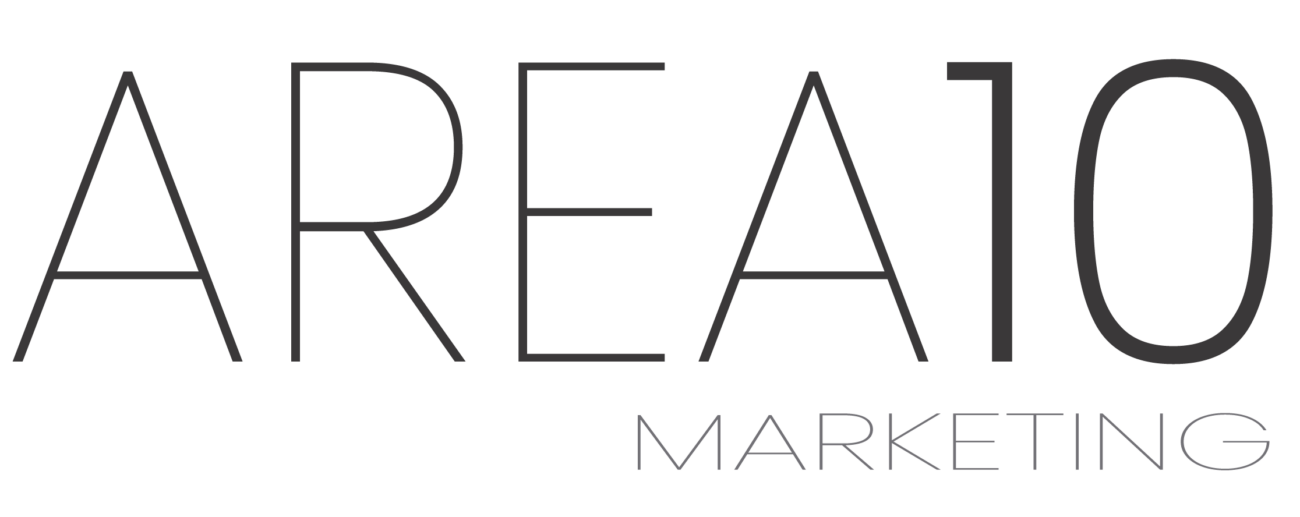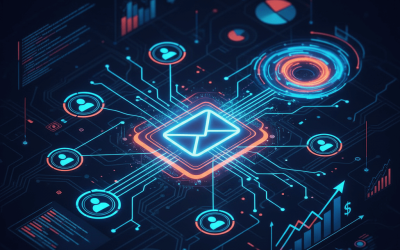Are you considering implementing marketing automation in your business?
For years, automation was seen simply as a way to save time on repetitive tasks. Today, however, it’s much more than that: it’s a strategic tool that can transform the way companies attract, convert, and retain customers.
In this article, we’ll explore how marketing automation not only streamlines processes but also enhances personalization, boosts efficiency, and drives better results in any digital marketing strategy.
What is marketing automation?
Marketing automation refers to the use of software and digital tools to execute campaigns intelligently and automatically, reducing manual intervention.
From email campaigns to CRM lead management, automation connects data, audiences, and content to deliver more relevant experiences for each user.
Key benefits of marketing automation
- Advanced segmentation
Reach the right audience at the right time based on behavior and interests.
- Smart workflows
Design automated email sequences, notifications, or messages that guide prospects toward conversion.
- Time and resource savings
Free up your team from repetitive tasks so they can focus on strategy and creativity.
- Greater personalization
Deliver the right message at the right time, boosting response and customer loyalty.
- Constant measurement and optimization
Automation tools provide clear reporting on what’s working and what needs improvement.
Examples of marketing automation in practice
- Automated email marketing: welcome sequences, abandoned cart reminders, and personalized recommendations.
- Social media automation: scheduling posts and analyzing performance in real time.
- Lead scoring with CRM: assigning scores to prospects based on their interactions with your brand.
- Chatbot integration: automated customer service that handles frequently asked questions.
How to implement marketing automation in your strategy
Before choosing a tool, ask yourself:
- Which repetitive processes can I automate without losing the human touch?
- Do I have a clear understanding of my conversion funnel?
- Which metrics will help me measure campaign success?
- Do I have enough content to feed automated workflows?
Popular platforms like HubSpot, ActiveCampaign, and Mailchimp can make a big difference—provided there’s a solid strategy behind them.
Conclusion
Marketing automation is no longer just about efficiency—it’s a growth catalyst for companies in the digital age.
When applied strategically, it not only saves time but also improves the customer experience, increases conversions, and strengthens long-term relationships with audiences.
In short, marketing automation doesn’t replace human marketing—it enhances it, making it one of the most valuable investments for any business seeking sustainable growth.





